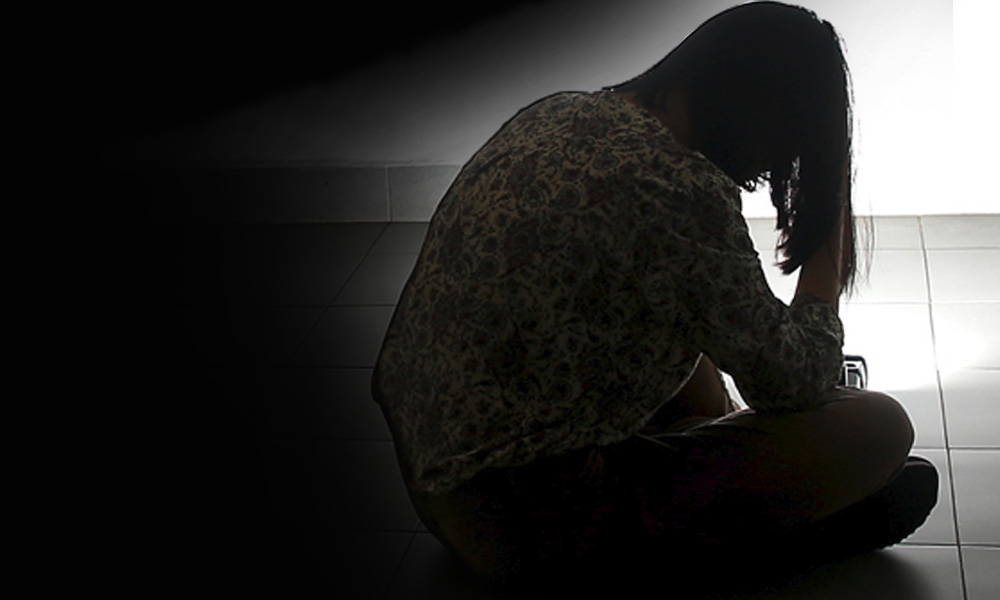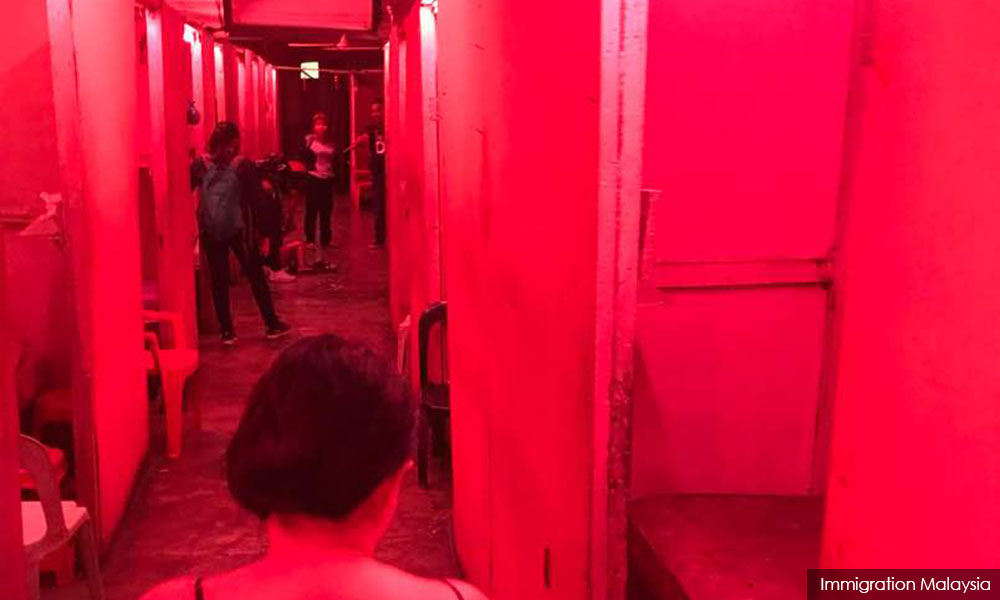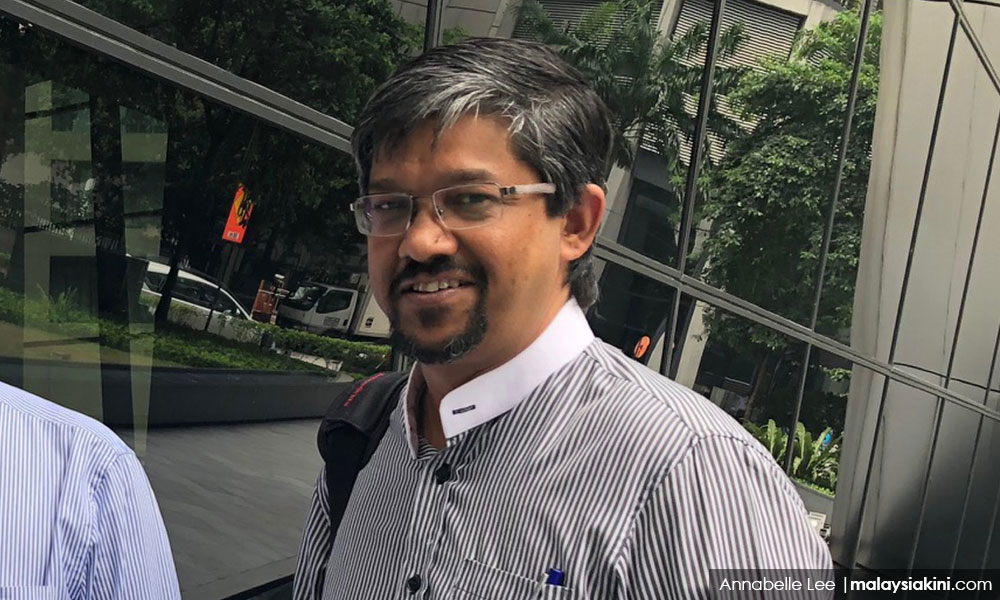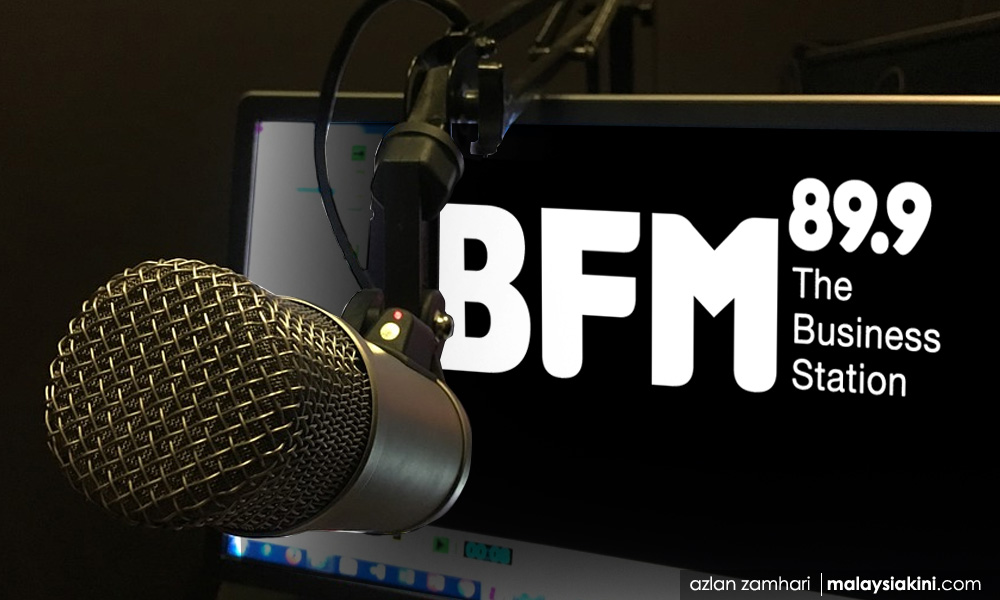COMMENT | In August 2018, the Institute of Journalists Malaysia (IOJ) began preliminary interviews with media personnel who have experienced sexual harassment at their workplace or in the course of carrying out their work.
The purpose of this at the time was to better establish the prevalence of sexual harassment, and glean whether media companies had robust anti-harassment policies that were effectively implemented.
In light of recent events around this issue, we have decided to publish some of the stories we have collected so far. Our objective with this exercise is to open up conversations about this problem and to encourage media organisations to strengthen their policies with regards to sexual harassment in the media workspace.
These interviews were conducted by board members to verify interviewees’ identities and were sourced through our own personal contacts. As such, these stories are not representative of the Malaysian media industry as a whole but they do point to a disturbing trend that we should all push back against.
While all the interviewees below are women, we wish to stress that sexual harassment cuts across gender and sexuality, for both survivors and perpetrators.
A pervasive theme highlighted across the interviews is a reluctance to speak up for the fear of being disbelieved or losing employment opportunities. This speaks to the power imbalance between supervisors and employees that is inherent in all workplaces.
The added shame and taboo that comes with being sexually harassed makes it all the more difficult for survivors to come forward.
Many interviewees spoke of working in an environment that inadvertently encourages such harassment. This includes sexually objectifying comments and repeated unwanted sexual advances passed off as “jokes”. As one woman put it: “I feel like all my professional achievements have been reduced to how my body looks”.
This is further reflected in the handling of sexual harassment cases even when they are reported. One interviewee spoke of being “brushed off” by supervisors and her company’s human resources department for making a “fuss about rape jokes” from her colleague.
Others say their cases were dropped after internal investigations failed to go beyond collecting statements from the parties directly involved in the matter.
Nine interviewees agreed to share their experiences for this statement, on the condition of anonymity. The accounts below have been condensed and edited to remove any identifying information including the name of the media organisation involved.
We have included the year these incidents occurred, to paint a picture of how long-standing this issue has been within our community.
Four interviewees were from English news media; three from Malay news media; one from online media; and one worked in magazines. This breakdown reflects their place of employment when the incidents occurred.
1995: Locker-room talk in the newsroom was common, and you’re expected to just go along with it – it’s all just fun and jokes. One colleague crossed the line by putting his hand up my skirt. He claimed it was to show how short it was. I complained to my female supervisor, and she said it was my fault for dressing the way I did because “you can’t blame men for behaving like men”.
2000: When I was pregnant, a few of my male colleagues would wonder aloud about what breast milk tastes like, and if I would give them a “sample”. I eventually complained to my boss, who directed me to Human Resources, and they, in turn, told me to lighten up.
2009: I had an editor from another section text me at all hours of the night under the pretence of work. The texts escalated to asking me what I was wearing, and what his sexual kinks were. I was so young and didn’t know what to do. He stopped when my own editor intervened and told him off.
2011: No one has targeted me specifically, but some of the men would openly discuss who was the most “bangable chick” in the office. They made sure to repeatedly tell me I was high on the list because I have big breasts.
I was so uncomfortable and disheartened but I didn’t even think of talking to Human Resources. It definitely discouraged me from mixing with my colleagues unless absolutely necessary.
2011: I was covering a raid carried out by the police on an illegal brothel. Some of the male photographers, including my own colleague, were excitedly talking about taking pictures of the girls getting caught in the act with their clients.
When I expressed my disgust, my colleague replied that I could “contribute” to his collection instead. He later showed me some of his “collection” from another assignment. I still feel guilty for not speaking up about it because I didn’t want him to lose his job.
2011: When I first joined the company, my supervisor asked me out for drinks with the team. When I got to the venue, he was the only one there. It was a pleasant conversation at first, but when he started hitting on me, I politely said I wasn’t interested.
After that, he would continue remarking on my looks, like “That dress really shows off your curves, you should wear it more”. I was too scared to say anything because I thought no one would believe me. When I did confide in another female colleague, she laughed at me and said he was “just like that”.
2014: Practically all the single women in the office were warned about a person from top management. He would frequently invite young women to his office for drinks after hours.
Our immediate supervisors and human resources knew about this, but just told women to refuse if they felt uncomfortable. It was obvious that those who refused the invites tended to miss out on more coveted assignments or interviews.
2017: My colleague drunkenly texted me to tell me I was “sexy”, and beg me to go over to his apartment. When I said no, he left me numerous missed calls and texts throughout the night.
The third time it happened, I complained to my boss and Human Resources, and both shrugged it off. Human Resources told me it happened after work and I wasn’t in danger, so there wasn’t a problem. He continued to do that every time he was drunk until he left my company.
2017: My colleague cornered me in the car park for a “quick kiss”. I was so shocked that I just froze, and he went for it. He said we should go out for dinner so that “we could do more”.
I got into my car and burst into tears because of the shock of it. In the end, Human Resources said their hands were tied because it was a he-said-she-said situation and, of course, he denied the whole thing.
The IoJ also requested five media outlets to clarify their internal policies for dealing with sexual harassment for this piece. Three media organisations responded to this request; Malaysiakini, Karangkraf, and BFM. We asked them:
- What processes do they have or are planning to have to prevent sexual harassment in their companies?
- What processes do they have to safeguard the interests of the whistleblowers?
- Have there been any cases reported and if yes, what was the action taken?
Malaysiakini CEO and co-founder Premesh Chandran (photo) said the company’s staff handbook lays out the parameters of what would be considered sexual harassment and the processes available to staff who are harassed.
“We're always open to making adjustments to the policy and processes, in order to make sure staff have a safe workplace,” he said in an e-mail reply. He added that the company had one reported case in the past, which led to a domestic inquiry on the matter: “(T)he panel recommended to the management that the staff should be dismissed, which was the action taken by management.”
Kumpulan Media Karangkraf meanwhile responded with a report of incidents at Grup Karangkraf, which owns the Malay daily Sinar Harian. Grup Karangkraf adheres to the Code of Practice on the Prevention and Eradication of Sexual Harassment (Code of Practice) issued by the Labour Department.
Between 2000 and 2018, there were six reported cases of sexual harassment at Grup Karangkraf. Of these, one staff was suspended; two were suspended and demoted; and two were fired. One case saw the accused hand in a 24-hour resignation. Grup Karangkraf plans to develop its own policy on sexual harassment in the near future.
Kumpulan Media Karangkraf added that its former magazine division, currently known as Ideaktiv, is now a subsidiary under Astro Group. Ideaktiv follows Astro Group’s sexual harassment policies, which include procedures for handling internal cases and protection for whistleblowers.
BFM declined to comment in light of its ongoing investigations but said it would fully address our concerns after its investigation is completed.
Organisational policies are crucial in preventing sexual harassment in the workplace, but they are only part of the equation. There needs to be more open conversation about the culture of our workplaces, including the need to establish and respect personal boundaries in a professional setting.
The IoJ will continue documenting sexual harassment cases within the Malaysian media community, and we welcome media professionals to contact us about their experiences.
While we cannot claim to offer justice to survivors, we hope that by highlighting these accounts, we can make this conversation an ongoing one. In this regard, we also welcome other stakeholders including civil society organisations and media outlets to see how we can support each other in curbing sexual harassment in the media industry.
If you would like to share your experience of sexual harassment, contact us at [email protected]. All correspondence will remain confidential.
The INSTITUTE OF JOURNALISTS MALAYSIA is a professional organisation representing media workers in the country.
The views expressed here are those of the author/contributor and do not necessarily represent the views of Malaysiakini.







